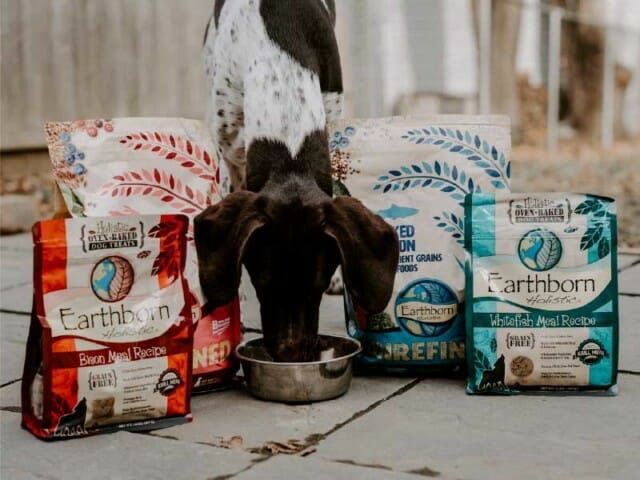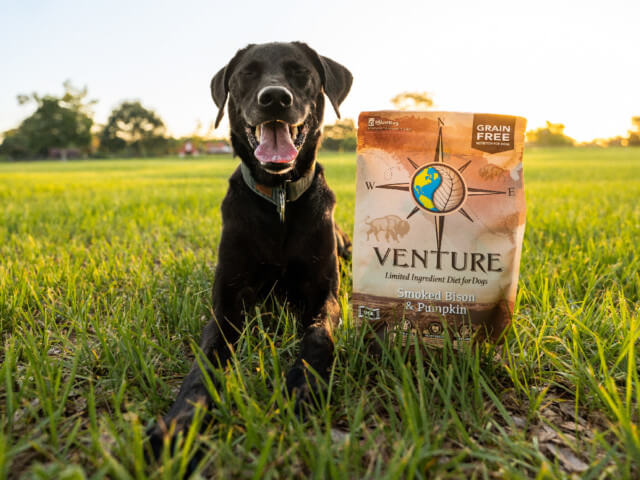Picture your pup, tail wagging and eyes gleaming with joy. That’s the kind of life you want for your beloved furry friend – a life that is full of health and happiness. But did you know that their diet plays an important role in achieving this? Doggy Diet Dos and Don’ts: A Nutrition Guide for a Happy and Healthy Pup provides all the information you need to create a balanced diet tailored specifically for your pup. In this guide, we’ll discuss the benefits of proper nutrition, common dog food ingredients, feeding guidelines for puppies, tips for senior dogs, reading labels on dog food products, human foods to avoid, and supplements to consider. Let’s get started on giving your pup the healthy lifestyle they deserve!
The Benefits of a Balanced Diet
A balanced diet is essential for your pup’s health and happiness – don’t overlook it! Feeding your furry friend a well-proportioned diet with lots of variety ensures they’re getting the right nutrients to stay healthy. To get started, consult your vet or an animal nutritionist who can advise on what kind of food to feed, how much and when. They’ll also be able to tell you about any supplements needed if there’s something lacking in their regular meals. Aim for a balance between proteins, carbohydrates, fats, vitamins and minerals. This way you have the assurance that every bite contains essential nutrients which are key for growth and development. Variety is equally important so rotate different types of food throughout the week – from fresh veggies to healthy grains and meats. Your pup will love it!
Common Dog Food Ingredients
Feeding your pup the right ingredients is key to a long and vibrant life! When choosing dog food, organic options are best. Ingredients should be natural and free of artificial additives. Additionally, grain free diets are becoming increasingly popular as they can reduce the risk of allergies in dogs. The most common ingredients used in commercial doggy diets include meat, vegetables, fruits, and grains like oatmeal or barley. Depending on your pup’s needs, you might also want to look for food that contains prebiotics or probiotics for digestive health benefits. Ultimately, it’s important to ensure that whatever ingredients you feed your dog are safe and beneficial for their health.
Feeding Guidelines for Puppies
It’s time to step up your pup game – feeding your furry friend correctly is essential for a long and exciting life! Puppies require multiple meals throughout the day, and portion control is key. Feeding them too much can lead to obesity, while not enough
could stunt their growth or leave them malnourished. Meal timing is also important – puppies should eat a few hours apart from each other and at regular times of the day. If you’re unsure of how much food to give, consult with your veterinarian as they can provide personalized recommendations based on your pup’s size and breed. With proper nutrition, you’ll be sure to have a happy and healthy puppy!
Tips for Feeding Senior Dogs
As your dog grows older, it’s important to make sure they continue to receive the same amount of love and care – including tailoring their diet! As a senior pup, their nutritional needs may differ from when they were young. It’s important that you pay attention to these changing needs so you can provide them with all the nutrients they need for a happy and healthy life. A balanced diet is key, providing them with enough proteins, fats, carbohydrates, vitamins and minerals. Be sure to monitor their dental health by offering foods specifically designed for older dogs as teeth can become worn down over time. Additionally, be cognizant of their hydration needs as water consumption may decrease as your pup ages. Providing them with plenty of fresh water throughout the day is essential for staying healthy!
Reading Dog Food Labels
Reading your dog’s food labels is essential to ensure they get the best nutrition possible! It can be overwhelming at first, but with a little research and practice, you’ll soon become an expert in reading these labels. Pay close attention to the ingredients list so you can avoid any potential allergies and make sure the nutrients are tailored to your pup’s size and age. Portion control is also an important factor when choosing food for your dog; using details from the label, you can decide how much food should be given at each meal. Look for words like ‘specially formulated’ or ‘complete and balanced’ as indicators of a healthy diet for your furry friend. Remember, being an informed pet parent will help keep Fido happy and healthy for years to come!

Human Foods to Avoid
Now that you know how to read food labels and understand the ingredients, it’s important to consider what human foods should be avoided for your pup. When it comes to food safety, alcohol should never be given to your pet – even a tiny bit can cause serious injury or death. Also, sugary treats such as candy or baked goods are not healthy options for your pup and could lead to weight gain or other health issues. As with all things related to your pup’s diet, moderation and balance are key. Stick with nutrient-rich whole foods that provide balanced nutrition for a happy and healthy pooch!
Supplements to Consider
Supplementing your pup’s diet can help ensure they get all the vitamins and minerals they need for a long, vibrant life. Allergy supplements can be beneficial for dogs that are prone to allergies or skin sensitivities, while joint supplements are ideal for pups with hip dysplasia or arthritis. These additions to their diets can provide much-needed relief from these chronic conditions. It’s important to speak with your veterinarian before introducing any dietary supplement into your pup’s routine – everyone has different needs and it’s best to know what will work for yours. In addition, you’ll want to pay close attention to the ingredients in the supplements and even check for reviews from other pet owners who have experience with them. Supplementing thoughtfully and responsibly can help keep your pup healthy and happy throughout their life!
Conclusion
Your pup’s diet is an important part of their overall health and happiness. By understanding the basics of canine nutrition, you can provide your pup with the balanced meals they need to stay healthy and happy. Your pup will thank you for it in tail wags, cuddles, and unconditional love. Symbolically speaking, think of feeding your pup like nurturing a garden – give them everything they need to grow strong and vibrant! With a little knowledge and care, you’ll have a paw-some companion for years to come.
